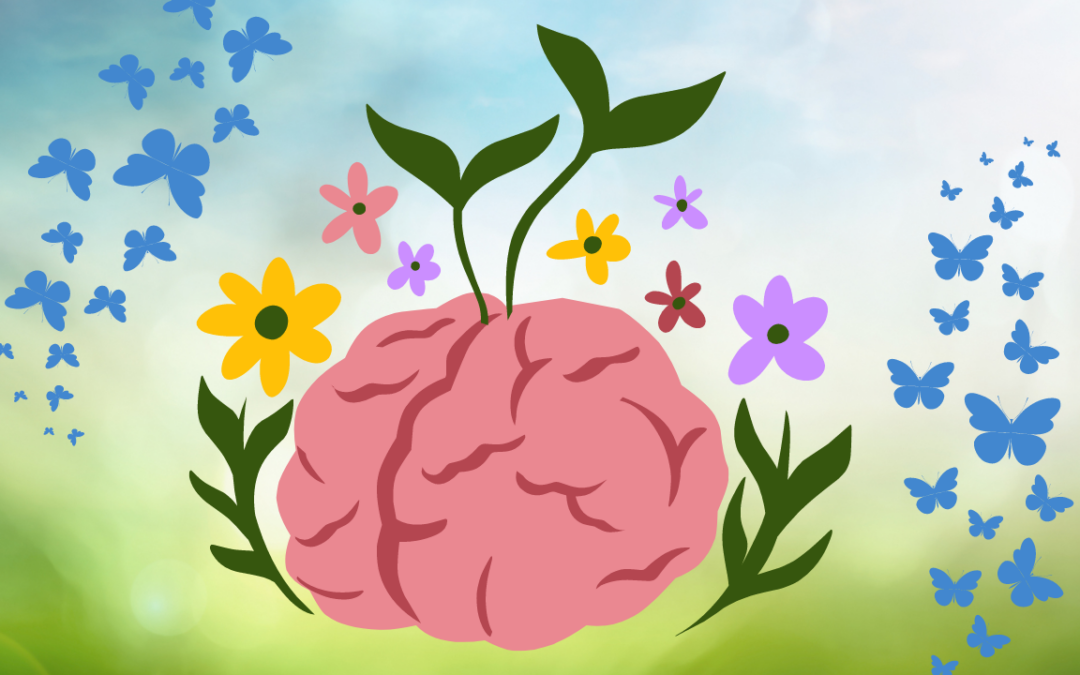In a world increasingly aware of the intricate layers of human wellness, World Mental Health Day 2024 emerges as a crucial reminder that mental health is a vital part of our overall well-being. Observed annually on October 10th, this day serves to raise awareness and mobilize efforts in support of mental health. This year, as we rally under the theme specially curated for 2024, we’re reminded that mental health is a universal human right deserving of equal attention and care.
Impact of Mental Health on Daily Lives
Mental health conditions affect millions of people around the globe, infiltrating every aspect of life. Whether it’s the anxiety that disrupts a student’s ability to focus or the depression that hinders a parent’s capability to provide care, the impact is profound and far-reaching.
On an individual level, mental health issues can lead to decreased productivity, strained relationships, and a diminished quality of life. This manifests in various forms, from the inability to concentrate at work to difficulties in maintaining social connections. Understanding these impacts is the first step in fostering a supportive environment for those affected.
Collectively, the economic ramifications are substantial. The World Health Organization (WHO) highlights that mental health conditions result in billions of dollars in lost productivity each year globally. This economic burden extends beyond healthcare costs, affecting businesses and national economies. Addressing mental health is not only a moral imperative but also an economic necessity.

Steps to Promote Good Mental Health
Promoting good mental health requires a proactive approach. Engaging in regular physical activity is an excellent starting point, as exercise releases endorphins, which act as natural mood lifters. Incorporating mindfulness practices, such as meditation and deep-breathing exercises, can also help to reduce stress and improve emotional regulation.
Establishing a routine can provide structure and predictability, which are beneficial for mental stability. Simple habits like maintaining a consistent sleep schedule and allocating time for hobbies can significantly enhance mental well-being. Furthermore, staying connected with loved ones through open communication fosters a sense of belonging and support.
Seeking professional help should be normalized as a critical step in maintaining mental health. Therapy or counseling provides a safe space to explore thoughts and feelings and develop coping strategies. Remember, taking care of mental health is a continuous process, and small, consistent efforts make a substantial difference.
Breaking the Stigma
One of the greatest barriers to effective mental health care is the stigma surrounding it. Negative perceptions and misconceptions about mental illness discourage individuals from seeking help, perpetuating a cycle of silence and suffering. It’s time to challenge these stereotypes and foster a culture of open dialogue.
Stigma often stems from a lack of understanding and fear of the unknown. Education is key to breaking these barriers. By learning about mental health conditions and their prevalence, we can combat ignorance with empathy and knowledge. Encouraging personal stories from those who have lived experiences is another powerful way to dismantle stigma.
Creating supportive environments where mental health discussions are normalized is crucial. This involves changing the narrative from one of shame to one of empowerment. When individuals feel safe to express their struggles, without fear of judgment, they are more likely to seek the help they need.
Support Systems and Resources
Having access to robust support systems is essential for mental health care. New Roads Behavioral Health in Utah exemplifies the type of comprehensive services that make a difference. They offer a range of programs designed to address various mental health needs, from inpatient care to outpatient services, tailored to each individual’s unique circumstances.
New Roads prioritizes a holistic approach, emphasizing the importance of treating the whole person rather than just the symptoms. Their team of dedicated professionals works collaboratively to develop personalized treatment plans, incorporating therapeutic techniques and lifestyle adjustments.
Support systems like New Roads are invaluable resources for those navigating mental health challenges. They not only provide immediate care but also equip individuals with tools to manage their mental health long-term. Knowing that help is available and accessible can greatly alleviate the burden of mental health struggles.
Community Action
Community involvement plays a pivotal role in promoting mental health awareness and support. Participating in local initiatives, such as mental health walks or educational workshops, not only raises awareness but also fosters a sense of unity and purpose. These events create opportunities for individuals to connect, share experiences, and advocate for change.
Volunteering with mental health organizations is another impactful way to contribute. Whether it’s offering time, skills, or resources, every contribution helps expand the reach and effectiveness of mental health programs. Being actively involved in the community reinforces the message that mental health is a shared responsibility.
Elevating mental health discussions within community forums encourages widespread engagement and commitment to change. By supporting mental health events and initiatives, individuals can collectively influence policies and create environments where mental well-being is prioritized.
Conclusion
World Mental Health Day 2024 serves as a powerful reminder of the importance of mental health in our daily lives. By exploring this year’s theme, we gain a deeper understanding of how integral mental health is to societal progress. It impacts every facet of life, from personal well-being to economic stability.
Promoting good mental health requires ongoing effort and commitment, both individually and collectively. By breaking down stigmas and fostering supportive environments, we can create a world where mental health care is accessible and normalized. Support systems and resources, such as New Roads Behavioral Health, provide invaluable assistance to individuals on their mental health journeys.

